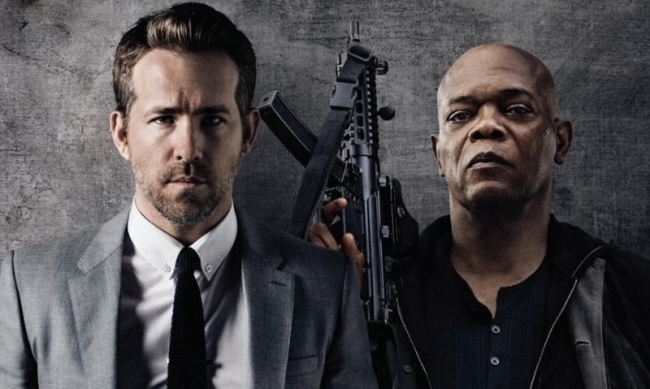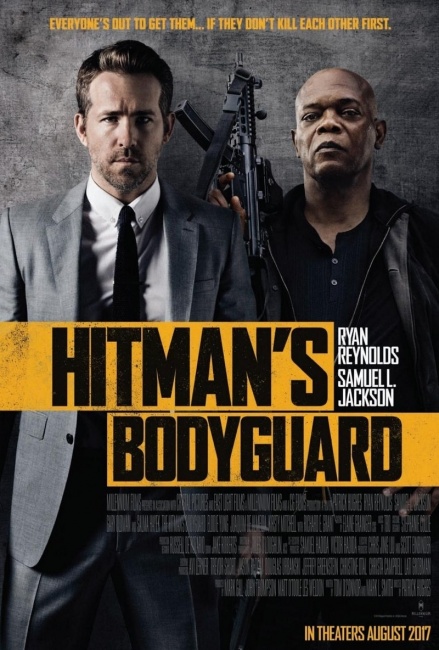This was the first Labor Day weekend in 25 years that didn’t include the debut of a new film in more than 1,000 theaters, and while that lack of competition led to minimal week-to-week drops for the holdovers, it also produced the lowest grossing Labor Day frame since 2000 (not adjusting for inflation, it’s even worse if you do). This was a fitting end to a front-loaded summer season that began with a superhero-powered bang (Guardians 2, Wonder Woman), and went out with a barely audible whimper. The final figures won’t be out till Tuesday, but they will show that summer box office was down more than 15% from 2016, the largest decline in the summer session in decades (2014’s summer dropped 14.6%, the only drop that comes close to this year’s in magnitude). What’s worse is that rising ticket prices mean that actual attendance will likely be down over 18%, a troubling sign for Hollywood’s theatrically-based distribution model, which is being directly challenged by rather immense investments in streaming and cable programs produced by Netflix, Amazon, and others.
Third and fourth places went to two films from the Weinstein Company. Taylor Sheridan’s gritty thriller Wind River added 507 theaters (to get to 2,605) and earned $5.9 million to bring its domestic total to $18.3 million against a cost of $11 million. The good news is that Wind River posted the second best per-theater average in the top ten. The bad news is that the average was just $2,253 per venue. While Wind River has some breakout potential, it appears that the modest status of “art house hit” is about all it can realistically expect.
While the animated feature Leap!, which finished at #4, actually improved its total 3.3% from last weekend (after adding 130 theaters), it is the perfect example of box office “small potatoes” with a 10-day total of just $11.4 million, and little chance of even making $20 million here in North America.
Steven Soderbergh’s well-reviewed hillbilly heist action comedy Logan Lucky finished at #5 earning $4.4 million (up 4.2%), but the $29 million production has earned just $21.4 million in 17 days, and will have to depend on overseas earnings just to break even.
Christopher Nolan’s Dunkirk and Marvel Studios’ Spider-Man: Homecoming also benefited from the lack of competition as they continued to display great “legs.” Dunkirk added $4.1 million to bring its domestic total to $178.8 million, and it earned $30 million in its debut in China to bring its worldwide total to $458.8 million, while Spider-Man: Homecoming posted a 29.4% gain, earning $3.7 million to bring its 9-week domestic total to $324 million.
Coming back into the top ten was Illumination Entertainment’s Despicable Me 3, which earned $2.3 million to bring its domestic total to $257.9 million, still $100 million less than DM2, but remember that Despicable Me 3 was the top-grossing film of the summer outside of the U.S. where it has earned $736.1 million, for a worldwide total that is just $6 million short of a billion. The big boosts in attendance for Homecoming and DM3 and the strong showings for most all of the holdovers, indicate that there were some folks who wanted to see a movie over the Labor Day holiday. The overall totals might have been higher if there had been “new” film offerings, but this weekend’s numbers, though historically low, were actually a bit better than many analysts had expected.
There was action outside the top ten that merits attention. Wonder Woman earned $1.9 million to bring its domestic total to $408.9 million, surpassing Captain America: Civil War to become the sixth highest-grossing superhero film of all time (not adjusted for inflation), and the #21 all time (again not accounting for inflation)—and it will soon pass Iron Man 3 and become the #5 superhero film.
Re-releasing classic films, typically in conjunction with an upgraded home entertainment release, may have just about run its course. Steven Spielberg’s Close Encounter of the Third Kind brought in $1.8 million from over 900 theaters, for a poor $1,998 per-theater average. It would be hard to think of a better time for such a re-release, given the lack of competition, which makes this poor showing look even worse.
Speaking of worse, the ABC TV series Marvel’s Inhumans (the first two episodes of which were shot with IMAX cameras) got a theatrical debut in 393 IMAX theaters, earning $1.5 million for a much better $3,817 average. The Inhumans pilot also earned $1.1 million overseas for a $2.6 million total. Free money for a TV series, right? Well maybe not judging from online reviews from those who saw the show on the really big screen and found its small screen deficiencies in production to be glaringly obvious in the giant IMAX format. The showrunner for Inhumans is Scott Buck, who presided over the only Marvel Netflix misfire, Iron Fist (as well as the poorly received last three seasons of Dexter). Perhaps Buck will be able to get the series, which debuts on ABC on Sept. 29, back on track, but if the show flops the folks at Disney might regret this attempt to squeeze more money out of the property by exposing the first two episodes theatrically.
The Weinstein Company also debuted the period drama Tulip Fever in 765 theaters, and the film, which has been awaiting release for over three years (never a good sign), flopped, earning just $1.2 million for an average of just $1,588.
Be sure to check back here next week to see if New Line’s adaptation of Stephen King’s It or the Reese Witherspoon romantic comedy Home Again can jolt the box office out of its late summer doldrums.




